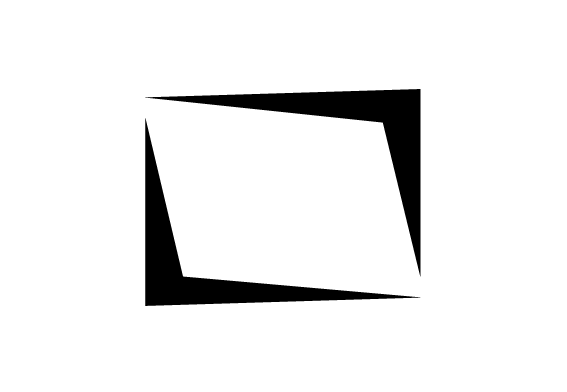Does life today feel like one big chaotic mess of stimuli and unnecessary complexities, completely out of control? Going back to human origins offers a glimpse into a different way of living that may hold answers to today’s complex challenges.
As our earliest ancestors emerged over two million years ago in Africa, they lived in small, close-knit groups, relying on basic tools and shared knowledge to adapt and survive. Around 40,000 years ago, modern Homo sapiens started with creating art and formed social structures that promoted cooperation and identity. While these innovations initially allowed us to survive in diverse and challenging natural environments, they now seem to have spiraled out of control, leaving us unable to prioritize and spend our focus on what truly matters. By revisiting our roots, we can explore how going back to the basics might help us address modern societal pressures and rediscover balance in our lives.
Let’s start with the acknowledgment that a sudden return to a more natural state of living, like in 40,000 BC, would lead to unimaginable chaos. We seem so far removed from that way of life that it’s hard to say if a return is even possible. But theoretically, I believe our earliest ancestors, reflected in certain indigenous tribes today, lived closer to the essence of life. Their existence seems more in harmony with nature, marked by less stress and depression, as well as a diminished focus on ego-driven thinking and distraction, as they didn’t had to deal with the complex social structures that dominate our modern lives. Above all, it would offer a profound sense of freedom, the freedom to connect with one’s own thoughts, emotions, body and surroundings. Yes, living life back to the pure basics would, especially from the position we’re in now, seem a thousand times harder and shorter. For example, without the technological advancements we rely on today, the human body would be vulnerable to natural elements like cold, wetness, heat, and illness. But would that really be a problem if one didn’t know any better, or if one accepts that life will eventually end anyway? Yet, this lifestyle could force us out of the suffocating, distracting, and empty comfort zones of civilization, clearing our minds and allowing us to experience what life and nature have to offer.
Time, as we know it, could feel completely different in this new yet ancient state of living. A single day might feel as full as several years in our fast-paced modern lives. Again, a human society without order, productivity, and systems would be impractical for large populations, as these elements are essential for meeting basic human needs such as food, healthcare, and infrastructure. Without them, resource shortages and inefficiencies would likely lead to a significant population decline. However, we would also leave behind many of the harmful aspects of our current society, like fast food, smoking, and substance abuse. The gap between rich and poor, as well as between cultures, will narrow, reducing polarization and material comparisement. This “new ancient” way of life would embrace principles of simplicity: degrowth, focusing on the quality of life, especially mental well-being, and fostering a stronger connection with nature and ourselves. It would stand in opposition to the ego-driven, capitalist society we live in today, making room for spontaneity, community, and authentic self-expression. It would encourage a space where feelings aren’t suppressed, where people are free to be themselves. As one can maybe read, I believe the foundations of our current system and mindset need to change.
However, is it realistic to think that we can descale from our current social structures and technological dependance and go back to a more natural way of living? Or is that too idealistic to believe, and are we already too caught up in an capitalistic system that will inevitably reach its limits? Do we need to learn it the hard way, through tipping points, or in the most extreme case, a mass extinction, to reach a point where we can try again?
But can we, this time, manage to stop losing ourselves in destructive growth, individualism, and ego-driven thinking? Is it possible to collectively accept life’s finiteness and, at the same time, its wholeness? Or is it simply in our nature, too strong to resist, to flee in attempts to fill a nagging sense of incompleteness?
Sources
– https://www.history.com/news/humans-evolution-neanderthals-denisovans
– https://academic.oup.com/book/42125/chapter-abstract/356152732?redirectedFrom=fulltext
– https://www.nytimes.com/2002/02/26/science/when-humans-became-human.html
